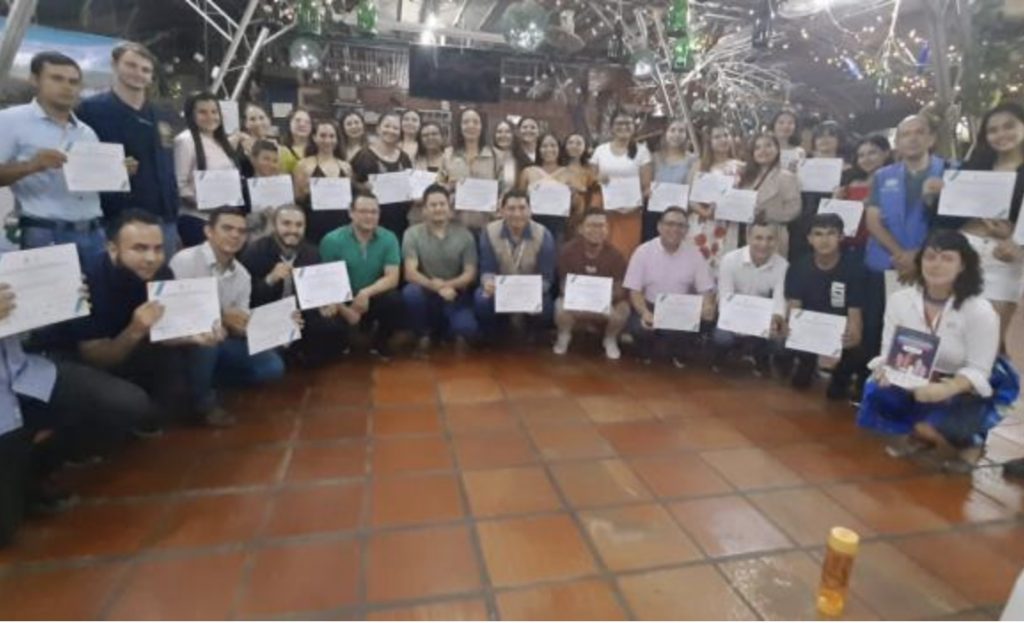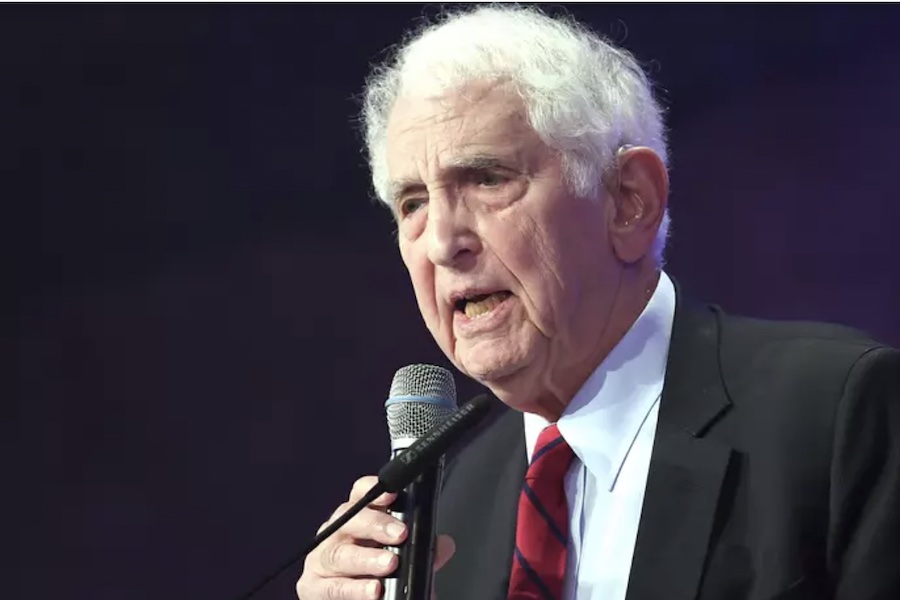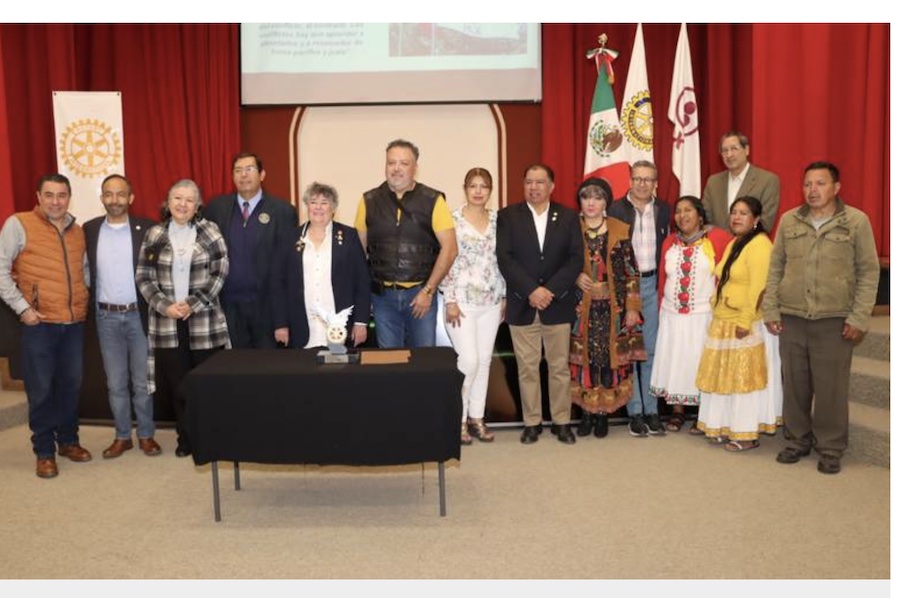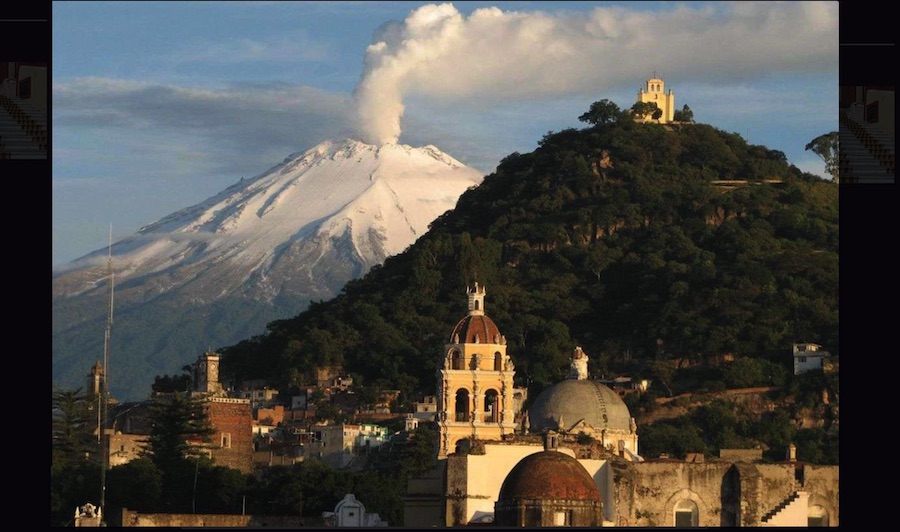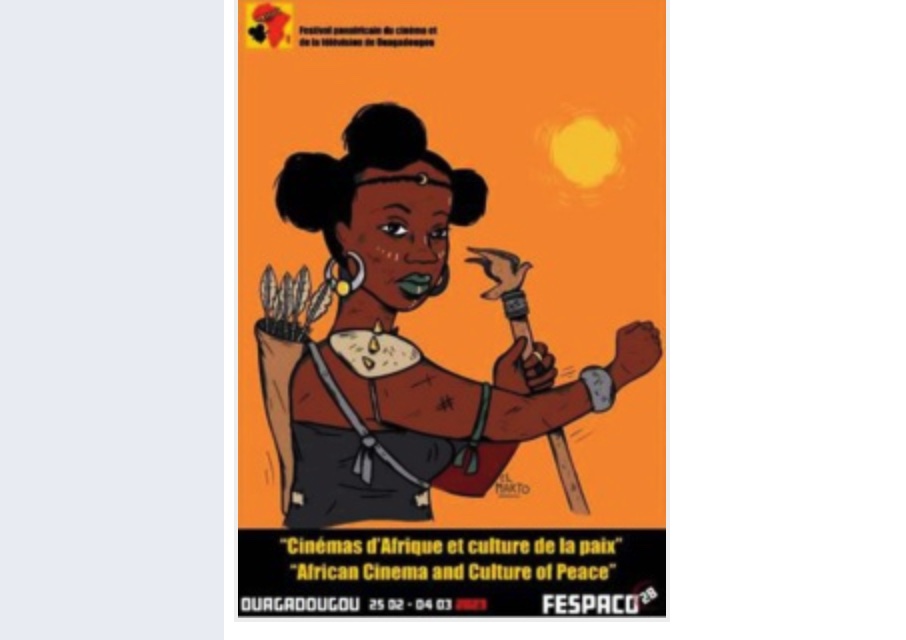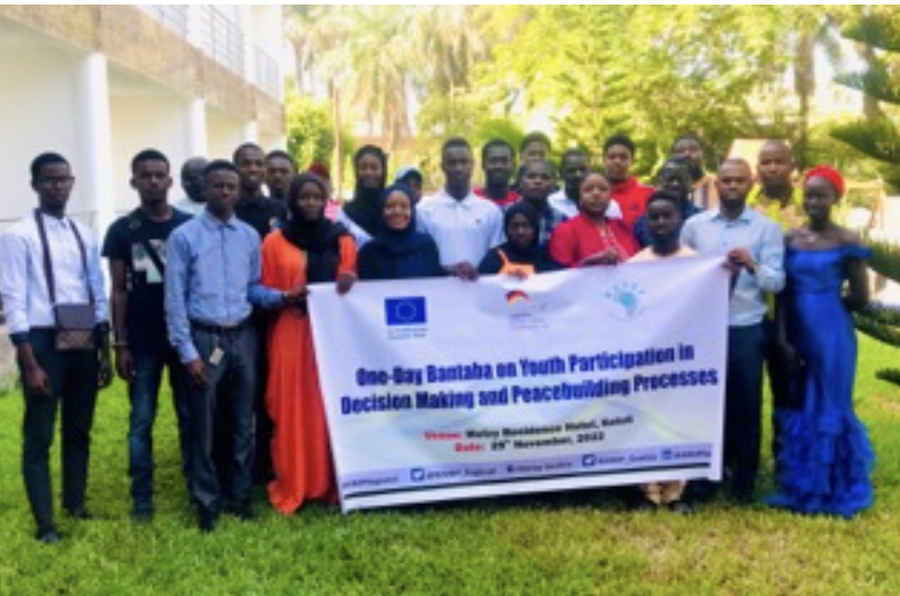FREE FLOW OF INFORMATION
An article from Meduza
The Latvian National Electronic Media Council has revoked TV Rain’s license. The agency has banned the network from broadcasting on cable and also plans to block access within the country to its YouTube stream. According to the council’s chairman, Ivars Āboliņš, the decision was made “in connection with the threat to national security and public order.”
(Editor’s note: Regular readers of CPNN will know that Meduza and TV Dozhd – “TV rain” in Russian – were two of the independent Russian media that reported opposition to the war in Ukraine and were therefore banned in Russia and forced to move abroad in order to keep broadcasting.)
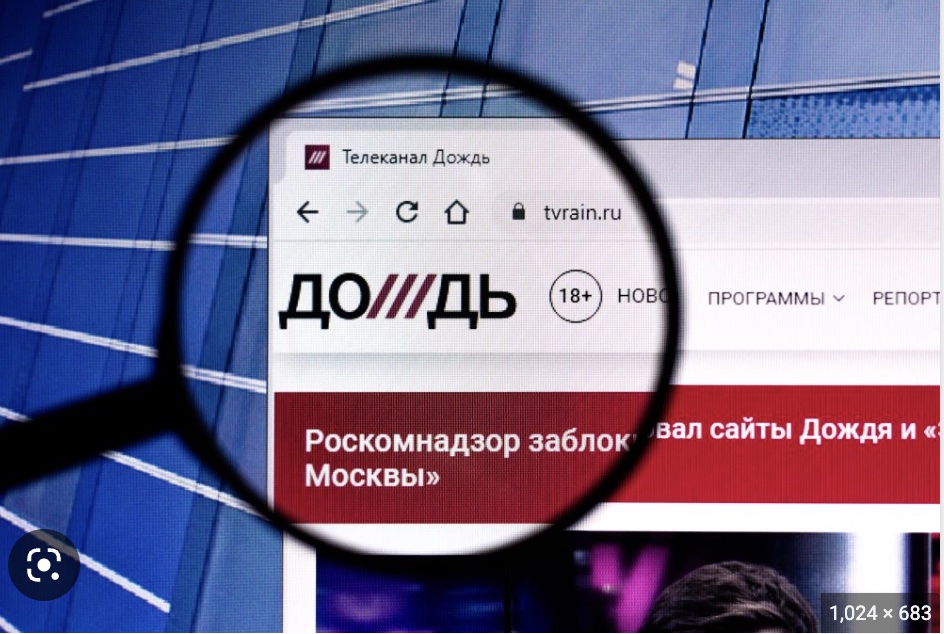
Logo of TV Rain
We are watching these developments very carefully and with concern.
In the eight years that Meduza has already spent in Latvia, the local authorities have never once attempted to interfere in our editorial policies. We are grateful for this hospitality. We have had no reason to doubt that Latvia, which has become a second home for many here at Meduza, is aware of the vital role that the independent media plays in democratic societies.
After February 24, Latvia welcomed journalists from Russia who risked many years in prison for doing their jobs and resisting the war Russia unleashed on Ukraine. We greatly appreciated the Latvian authorities’ decision, understanding how difficult it was, given the enduring pain this country’s people still experience from Soviet occupation.
At the same time, we recognized that a mass influx of journalists from Russia in wartime conditions would likely lead to conflicts. After all, the news media created by Russians is almost always focused on Russian problems, viewing the surrounding world through this same lens. This often confuses and sometimes enrages foreign audiences, especially during a war for which Russia bears full responsibility.
Unfortunately, the situation has developed very poorly. We believe that the decision by Latvia’s National Electronic Media Council to revoke TV Rain’s license is unfair, wrong, and disproportionate to the official violations flagged by the agency.
Arguments that these violations pose a “national security threat” are unconvincing. The network’s antiwar position is obvious, as is its critical stance towards the Putin regime. TV Rain’s significance in countering Russian state propaganda is colossal. Roaring about “national security” conceals what is actually a heavy blow to free speech and ultimately to European security, as well. There can be no democracy without the independent media, above all, and an undemocratic Russia will remain a threat to its neighbors and the entire world.
Even if it was reached completely legally, the National Electronic Media Council’s decision is also an incredible gift to the Russian authorities. By banning TV Rain, Latvian officials are helping the Kremlin with something it started: the complete destruction of the Russian independent media’s infrastructure. We believe the political situation in Russia will not change if the country’s inhabitants are abandoned to propaganda. (There’s also the risk that this propaganda becomes the only information source for Russian-speaking EU citizens.)
And it’s important to remember that TV Rain is one of the few truly independent media outlets that retains a large audience inside Russia. Viewers need TV Rain. The anti-war movement needs TV Rain. Watch any of its newscasts, and you’ll see the network’s position on this repulsive war and how it views those who illegally usurped power in Russia.
Were TV Rain’s journalists wrong? Was their wording inaccurate? Yes. But all media outlets, including the highest quality publications, make mistakes, even at critical moments. In times of war, forced emigration, and polarized public opinion, the likelihood of mistakes sadly only grows. Readers and viewers, as well as fellow colleagues, evaluate our reporting, too, and these assessments can be brutal.
Journalism knows no boundaries. Free speech is a universal value, but it’s nothing if we don’t defend it and fight for it, every day, wherever we are.
We stand in solidarity with the team at TV Rain. Dear colleagues, we hope you’ll persevere, and we’ll do our best to help you through this crisis.
Meduza invites other journalists and media outlets to support this statement. If you’d like to do so, please contact us here: requests@meduza.io.
(Continued in right column)
Questions related to this article:
Can the peace movement help stop the war in the Ukraine?
(Continued from left column)
This statement has been signed by
the editors of Meduza
the editors of Novaya Gazeta Europe
Sabīne Sīle, editor-in-chief, Media Hub Riga
the editors of Bumaga
the editors of Provereno
the editors of Novaya Vkladka
Irina Malkova and Pyotr Mironenko, The Bell
the editors of Kit
the editors of Signal
the editors of Samizdatonline.org
the editors of Pskovskaya Gubernia
the editors of Sirena
the editors of Proekt
the editors of Dovod
the editors of DOXA
the media project Stradayuschee Srednevekovye
the editors of Mediazona
the editors of iStories
the editors of OVD-Info
the editors of Avtozak Live
Konstantin Sonin, economist
Nikolay Ovchinnikov, journalist; editor-in-chief, Volna | Latvia
vandrouki.ru, a travel company
the editors of Svobodnye Media
the Telegram channel Russian Refugees in Germany
Victor Shenderovich, writer
Stanislav Kucher, journalist
the editors of Rezonans, a Vladimir-based Internet publication
Valeriy Panyushkin, editor-in-chief, Spektr magazine
the Student Anti-War Movement project
Konstantin Gorozhanko, editor, Grazhdane Gdovskogo Kraya
the editors of Vot Tak
the editors of SOTA
Ilya Azar, journalist
the editors of Verstka
the editors of Republic
the podcast studio Libo/Libo
the editors of 7×7 — Horizontal Russia
the editors of Kholod
the editors of Astra
Ilya Krasilshchik, Alexander Polivanov, Igor Safonov, and other journalists at Sluzhba Podderzhki
the editors of Spektr
Mikhail Zygar, writer and journalist
Olga Churakova, journalist
Liza Surganova, journalist
Ilya Shepelin, journalist
the editors of Echo
the editors of RusNews
the editors of Pereulki Lissabona
the editors of Skat Media
Arkady Mayofis, founder of TV-2 (Israel)
Emil Khalikov, co-founder of Pogulyanka media (Lithuania)
the editors of Cherty
the Opyt Svobody project
Lev Ponomaryov, human rights advocate, and the Telegram channel World Progress and Human Rights
the editors of Perm 36.6
the editors of Perito
Mine gåter og spindelsinn, a Telegram channel
the editors of Khroniki.Media
the editors of Daptar
the editors of The Vyshka
the editors of Media Loft
the youth democratic movement Vesna
the editors of Groza
Mikhail Svetov and the editors of SVTV News
the editors of Pezduza
Talking Heads YouTube channel (Latvia)
the editors of Advocacy Street
the editors of Lyudi Baykala
the editors of Otkrytyi Gorod (Latvia)
the editors of February 24 Eyewitnesses
the editors of Govorit ne Moskva
the editors of It’s My City
the editors of The Guide to the Free World
the editors of The Insider and Roman Dobrokhotov, journalist
Yevgenia Albats, editor-in-chief, The New Times
the editors of The Moscow Times
Kirill Rogov, political scientist
Irina Shikhman and the YouTube channel A Pogovorit?
the editors of Re:Russia
Conflict Intelligence Team
the editors of Prodolzhenie Sleduet
the editors of Novaya Gazeta — Baltia
Ksenia Larina, journalist
the editors of The Village and Kirill Rukov, editor-in-chief
the editors of Fergana.ru
Maxim Katz, blogger and politician
the editors of Khronika Turkmenistana
Navalny LIVE YouTube channel
Jean-Michel Shcherbak, media activist
Ishchem Vykhod YouTube channel
Alexander Plyushchev, journalist
Tatyana Felgenhauer, journalist
Vitaly Mansky, film director
Natalia Manskaya, film producer
the editors of Poligon.Media
Khodorkovsky LIVE YouTube channel
Ilya Rozhdestvensky, journalist
Ivan Pavlov, lawyer
Ilya Zhegulev, journalist
the editors of Fourth Sector
Ilya Shumanov, director, Transparency International Russia
Andrei Loshak, journalist
Nataliya Gevorkyan, journalist
the editors of ROMB
the editors of Taiga.info
the editors of Popular Politics
Roskomsvoboda, an advocacy organization
Chulpan Khamatova, actress
Antero Mukka, editor-in-chief, and the editors of Helsingin Sanomat (Finland)
the editors of Krautreporter (Germany)
Pervyi Otdel, an association of attorneys and rights activists
the editors of Agentura.ru
Masha Phillimore-Slonim, journalist
Kovcheg and Anastasia Burakova, founder
Andrey Pivovarov, political prisoner
the editors of NewArmenia.am and Garik Chilingarian, editor-in-chief
The European Federation of Journalists (EFJ)
MR7.ru (St. Petersburg) and Elena Mikhina, editor-in-chief
Polina Shilina, journalist, Delfi (Russian edition, Latvia)
Clownstan Today
the editors of Discourse
the editors of Serditaya Chuvashiya
the editors of RSh and Maria Karlin, editor-in-chief (Switzerland)
the editors of Hromadska Pravda (Ukraine)
Russian Libertarian Party
OBC Transeuropa (Italy)
Kometa News (Moldova)
the editors of Telegi i Memasy Telegram channel
St. Petersburg Human Rights Center
the Moscow branch of Memorial, a center for human rights and historical education
Sergey Lukashevsky, director, Sakharov Center
Svetlana Gannushkina and Grazhdanskoe Sodeystvie, a non-profit foundation
the editors of Russians Against the War Telegram channel (Poland)
Russian Independent Media Archive
Russian Canadian Democratic Alliance (RCDA)
Irina Kizilova, journalist, co-organizer of Memorial Israel
Artem Liss, former editor, BBC World Service
Dmitry Elagin, film critic, Snob
Kristina Lunina and Kak Poluchitsya media
Rimma Polyak, columnist, Republic
Alexey Durnovo, writer and journalist
Andrey Novichkov, editor-in-chief, Fronde TV and Nastuplenie na Nasledie
Efim Neizvestny, contributor, Panorama
Lidia Ageeva, journalist
Natalia Galkina, journalist
Oleg Ivanov, photo-journalist
Vadim Kondakov, journalist
Andrey Rebrov, journalist
Olga Leontyeva, journalist
the editors of Equality Telegram channel
Ivan Slobedenyuk, journalist, Belsat
Anastasia Sechina and Chetvyortyi Sektor media
Maria Latsinskaya, journalist
Oleg Basalin, journalist
Nikolay Kandyshev, journalist
Victor Yukechev, journalist
Boris Tukh, journalist and film critic
the editors of TJ ne umer! satirical news
Artem Androsov, news host, RTN (New York)
Afanasy Emelyanov, journalist
Alexander Gerasimov, journalist
Anton Chernin, journalist
Ivan Fedosov, blogger
Pyotr Kozlov, journalist
Vijai Maheshwari, journalist, Politico Europe
Mark Novikov, journalist
Denis Cherdov, journalist
Vasily Zakharko, journalist
Sofia Epifanova, journalist
Kirill Alexeyev, author, Analiteg Telegram channel
Semyon Zelenovich, journalist
Angela Kalsynova, YouTube blogger
Ilya Kozin, journalist
ZIMA Magazine (London)
the editors of Oni za Voynu
the editors of Pravda o Voyne
The Voice of Reason movement
Dmitry Tolstosheyev, journalist
Evgeny Galitsky, journalist
Nina Abrosimova, journalist
Elena Samoylova, journalist
Vera Vasilyeva, journalist
Ivan Makridin, journalist, podcaster
Lev Kadik, journalist
Ruslan Totrov, journalist
Apolitichnost Gubit, a social movement
the editors of Russky Kovcheg Telegram channel
the Vornadzor anti-corruption movement
Dima Zitser, teacher
the editors of Echo of Petersburg (banned in Russia) and Ischem Vykhod, a YouTube channel
Alex Dubas, journalist
Zygmunt Dzieciolowski, journalist (Poland)
Obyektiv YouTube channel
Warsaw Local Anti-War Committee Telegram channel
Dozor v Volgograde project
The Polycrates Foundation
Alexander Artemyev, human-rights advocate
Dmitry Bayandin, attorney
Arseny Lytar, member, Russian State Duma Committee on Science and Education
Ilya Furman
Maria Klementyeva
Polina Shubentseva, activist and volunteer, Memorial
Andrey Yakimovich
Dmitry Simanovsky
Linur Arslanov
Vadim Dmitriyev
Mikhail Biryukov, attorney
Dmitry Gerasimenko
Sergey Kovalchenko
Maria Kabysh, costume designer
Timofey Andropov and the Ochnis movement
Lena Pylaeva and FreeRussiaNL
Olga Chernykova, former faculty member, Moscow State University
Alina Gnatyshina and Rossiya Buduschego (Switzerland)
Sergey Losev
Alexey Shmelev
Sergey Galin
Ekaterina Komissarova
Nikolay Matrosov
Ilya Bobrik
Alisher Artykov
Zhanna Shchukina
Igor Naginer
Alexey Volkov and the Canadian Russian Association Telegram channel
Olya Kazimirchuk
Sonya Blade
Joseph Malkin
Shimon Glazshteyn
Protokolnaya Redaktsiya project
Ivan Romanov
Elena Kvasyuk
Georgy Sushilin
Olga Degtyareva
Paul Robertus
Elena Lukyanova, attorney
Timofey Ilyushin, human rights advocate
Nikolay Golikov, artist
Alexander Kabanov, professor, University of North Carolina
Kirill Povarov
Irina Karpova
Irina Sokolovskaya
Mila Zemtsova
Andrey Kotov
Julia Ioffe, journalist (United States)
Lolita Roze (Latvia)
Mihail Gokhman (United States)
Greg Dolgopolov (Latvia)
Juris Raudulis (Latvia)
Lev Mendelson (United States)
Michael Mamontov (United States)
Eleonora Scheerseu (Germany)
Artur Heidt (Germany)
Marks Lisnanskis (Latvia)
Dmitrijs Krupņikovs (Latvia)
Dmitri Gouzévitch, historian (France)
Herta Hansena
Konstantin Kabanov
Tatiana le Roy (Belgium)
Laure Thibonnier (France)
Gennadi Kreps (Germany)
Natalia Kuzmina (Germany)
Association for Solidarity with Civil Society and the Development of Democracy in Russia, Russia of the Future (Spain)
the editors of Lenizdat.ru
Penguin Travel YouTube channel
Aiza Dolmatova, rapper
Ruslan Sokolovsky, blogger
the Iskra media training team
the KermlinRussia project team
the Smorodina: for Democracy in Russia association (Norway)
Oleksandr Tsyba
Andrey Lukashevich
Vadik Sirekanyan
Oleg Ponomarev
Sofia Gribkova
Alex Zatsman (United States)
Mykola Shpylchin
Marina Polishuk
Vladimir Yurovsky, conductor (Germany)
Olga Deryabina
Dmitry Cherne
Natalia Telegina
Vitaly Bovar
Maria Gabisov
Sofia Pulver
Nikita Petrashen
Lyudmila Kasa (Latvia)
Vladimir Rayevsky, journalist and television host
Fyodor Pavlov-Andreevich, artist and curator
and many other journalists and editors.
